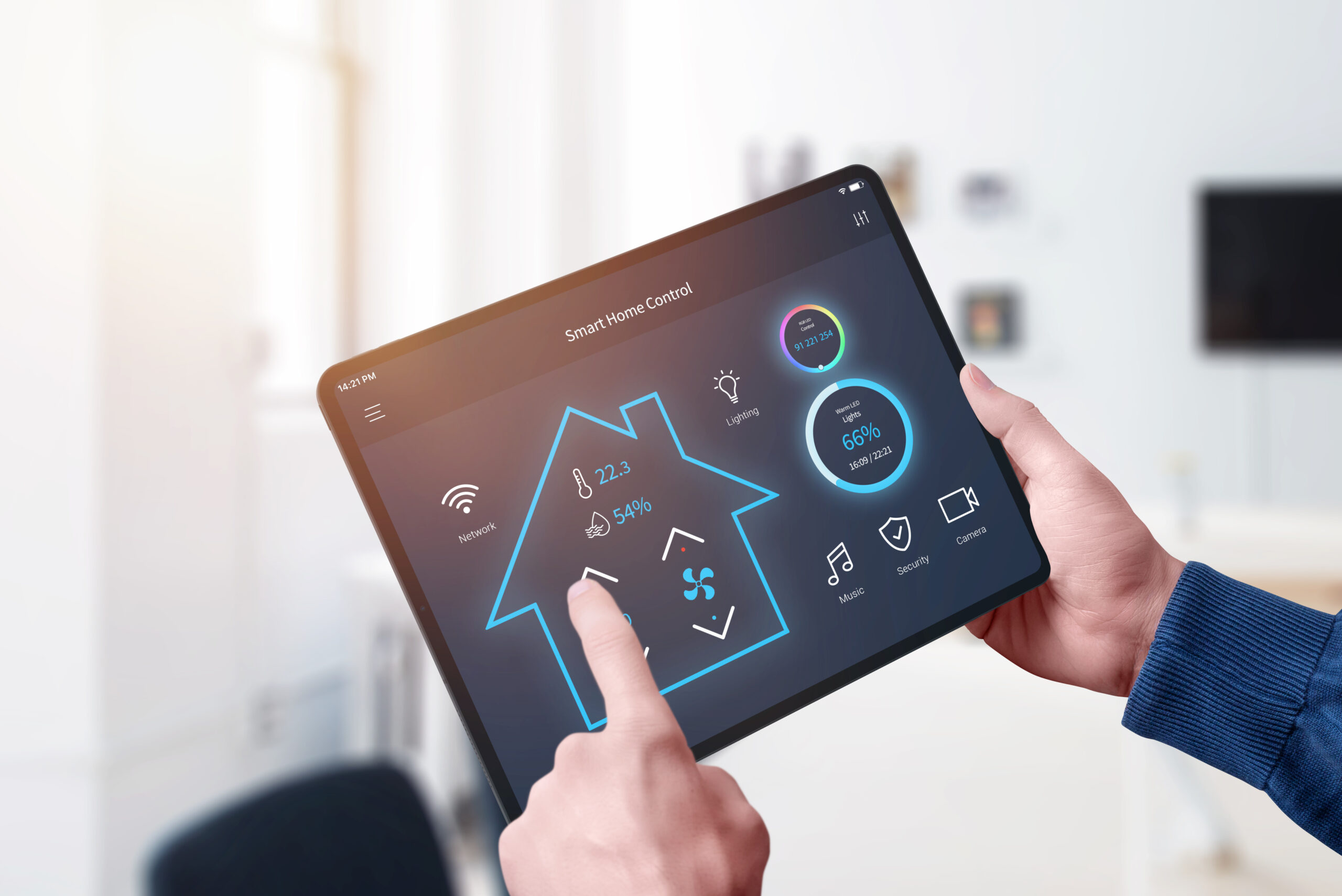As a real estate professional who has spent over 15 years navigating the dynamic landscape of Canada’s housing market, I have always been intrigued by how innovation can shape our industry. One of the most exciting developments in recent years is the rise of smart home technology. From smart thermostats to voice-activated assistants, these innovations are not just buzzwords—they represent a significant shift in how we manage properties and enhance the tenant experience. For those of us in the rental property business, incorporating smart technology offers a unique opportunity to elevate the value of our properties while providing our tenants with a more convenient, secure, and efficient living environment.
Understanding the Smart Home Revolution
Smart home technology has moved beyond the realm of luxury and has become an increasingly accessible feature in modern living. Today’s renters, especially millennials and Gen Z, are tech-savvy and expect their homes to reflect their digital lifestyles. This demand is driving the adoption of smart home devices such as smart locks, thermostats, lighting, and security systems in rental properties.
What’s fascinating about this shift is how it addresses both tenant needs and landlord objectives. For tenants, smart technology offers convenience, comfort, and a sense of modern living. For property owners like myself, these technologies present opportunities to increase property value, attract quality tenants, and even reduce operational costs.
Enhancing the Tenant Experience
When I think about the future of smart home technology in rental properties, the tenant experience is at the forefront. Today’s renters are looking for more than just a roof over their heads; they want an experience that aligns with their lifestyle. Smart home features can provide this by enhancing comfort, security, and convenience.
For instance, smart thermostats allow tenants to control their heating and cooling remotely, leading to a more personalized and energy-efficient living environment. Meanwhile, smart locks and security cameras provide peace of mind by allowing tenants to monitor their homes and control access from their smartphones. In a world where safety and comfort are paramount, these features are not just attractive—they are becoming essential.
Moreover, the integration of voice-activated assistants like Amazon Alexa or Google Home into rental units adds a layer of convenience that tech-savvy tenants appreciate. These devices can manage lighting, play music, set reminders, and even provide real-time information, creating a seamless living experience that tenants value highly.
Adding Value to Rental Properties
From an investment perspective, smart home technology is a game-changer. When I look at a property, I am always thinking about ways to maximize its potential. Integrating smart technology is one such strategy that can significantly enhance a property’s appeal and value.
Properties equipped with smart home features tend to stand out in the competitive rental market. They attract a wider pool of potential tenants who are willing to pay a premium for the added benefits these technologies provide. In my experience, properties with smart features often have lower vacancy rates and higher retention rates. Tenants who enjoy the convenience and security of a smart home are more likely to stay longer, reducing turnover costs for landlords.
Additionally, smart home technology can offer operational efficiencies that translate to cost savings. For example, smart thermostats and lighting systems can significantly reduce energy consumption, which is beneficial not only for tenants but also for property owners managing utilities. By investing in energy-efficient technologies, we are also positioning ourselves as environmentally conscious, a trait that resonates strongly with today’s renters.
Overcoming Challenges and Looking Ahead
While the advantages of incorporating smart home technology are clear, it’s important to acknowledge the challenges that come with it. One of the main concerns is the initial cost of investment. Upgrading a property with smart devices requires capital, and it’s essential to weigh this cost against the potential benefits in terms of increased rental income and property value.
Another consideration is data security and privacy. With smart devices collecting vast amounts of data, tenants must feel confident that their information is protected. As property owners, it is our responsibility to choose reliable and secure smart home products and communicate transparently with tenants about data usage and privacy policies.
Despite these challenges, the future of smart home technology in rental properties looks incredibly promising. The demand for smart living is not a passing trend; it is the new standard. As the technology continues to evolve, we can expect even more sophisticated solutions that will further enhance the tenant experience and property management efficiency.
My Vision for the Future
Looking ahead, I see smart home technology playing an integral role in the development and management of rental properties. For those of us in the real estate industry, it’s about staying ahead of the curve and adapting to the changing needs of our tenants. By embracing these innovations, we are not only improving our properties but also contributing to a future where smart, sustainable, and efficient living is the norm.
In my own projects, I am committed to integrating smart home technology to enhance the value and appeal of the properties I manage. It’s not just about adding the latest gadgets—it’s about creating environments that provide convenience, safety, and comfort to the people who call these properties home.
As we continue to explore new possibilities in real estate, I believe that smart home technology will remain a key differentiator, helping us build better, more sustainable, and tenant-focused communities. And that, in my opinion, is a future worth investing in.
